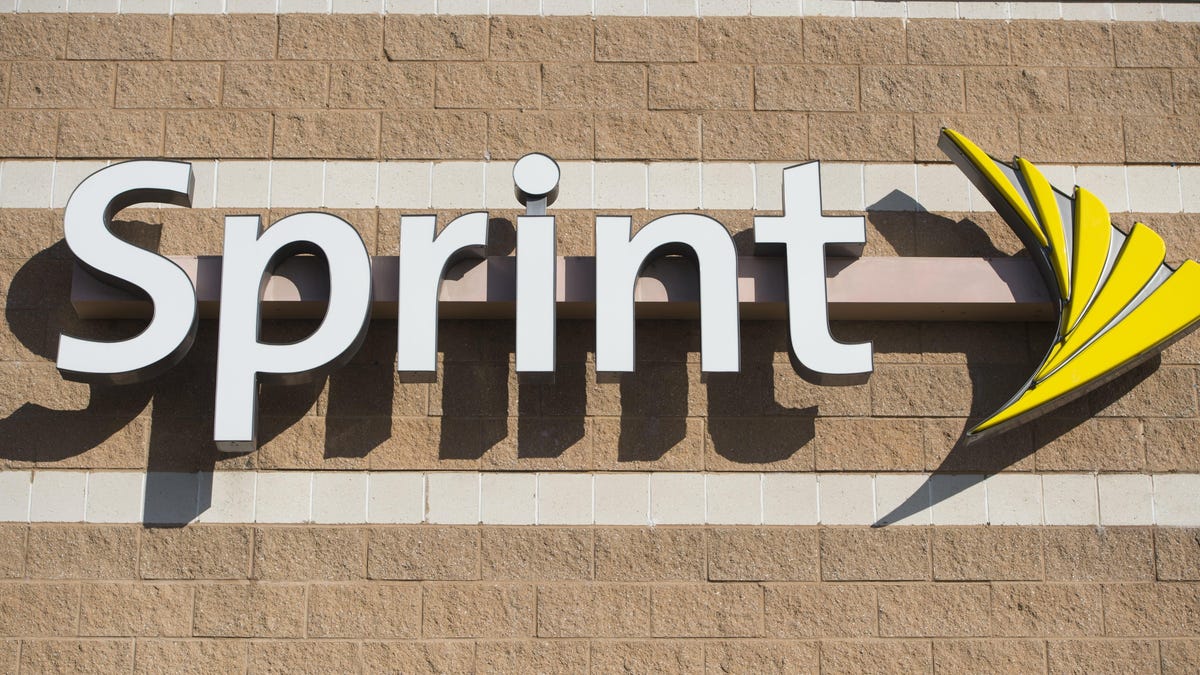DOJ wants T-Mobile, Sprint to create a new wireless competitor, report says
The two carriers are working to get their $26.5 billion merger approved.

Sprint and T-Mobile might have to make a new network.
Justice Department officials want T-Mobile and Sprint to form a new, competing wireless carrier as part of a deal to approve their $26.5 billion merger, according to Bloomberg.
The two wireless carriers are working on possible concessions to get the deal approved, unnamed sources told Bloomberg on Wednesday. Merging T-Mobile and Sprint would reduce the number of major US carriers from four to three. DOJ antitrust chief Makan Delrahim reportedly still wants four major carriers to compete.
The merger, proposed in spring 2018, would combine the third and fourth largest wireless service providers in the US. T-Mobile CEO John Legere and his team would oversee day-to-day operations.
Last week, the FCC gave its thumbs-up. The merger still needs approval from the DOJ. Earlier this month, the DOJ was considering halting the deal.
The FCC says the merger would further the agency's two main objectives: closing the digital divide in rural America and advancing the US leadership in 5G . As part of its concessions to the FCC, T-Mobile agreed to build-out requirements to ensure 5G deployment in rural communities, a promise to offer a wireless home broadband solution that could be a wireline substitute and divesting the prepaid brand Boost Mobile.
But according to unnamed sources, the DOJ still isn't satisfied because these concessions don't go far enough to address antitrust concerns, specifically because the merger would eliminate one of the four national wireless competitors. The two wireless carriers have been working on possible concessions to get the deal approved.
Since the deal was announced last year, T-Mobile and Sprint have argued that the combined company wouldn't harm competition because it would create a stronger No. 3 player that would be almost equal in size to Verizon and AT&T , which dominate the wireless market with 70% market share. The companies have promised to add jobs and not to raise prices on services for three years.
Sprint and T-Mobile weren't immediately available for comment. The DOJ declined to comment.
Originally published May 30, 6:14 a.m. PT.
Updates, 7:52 a.m.: Adds background information; May 31: Includes "no comment" from the DOJ.



